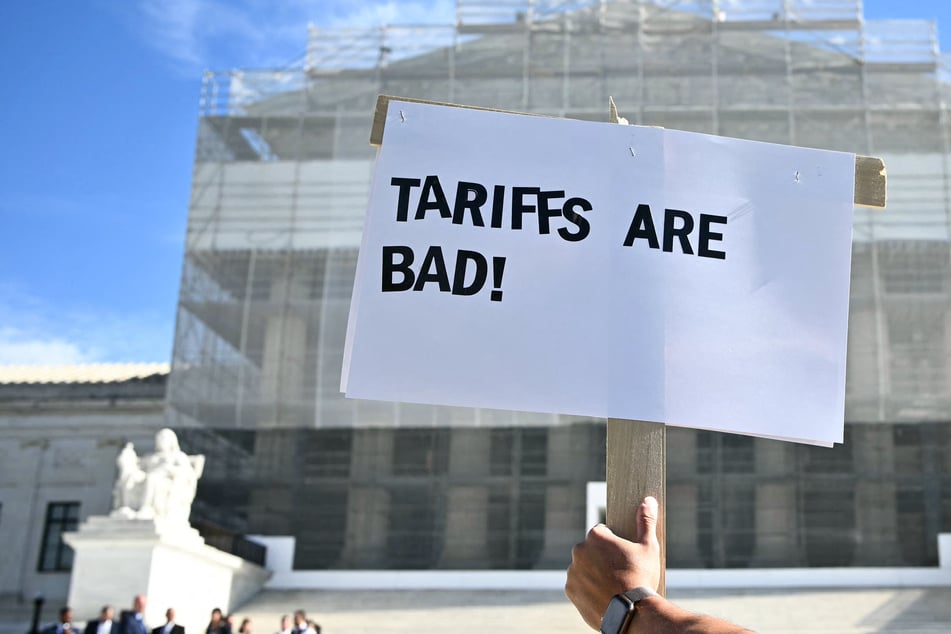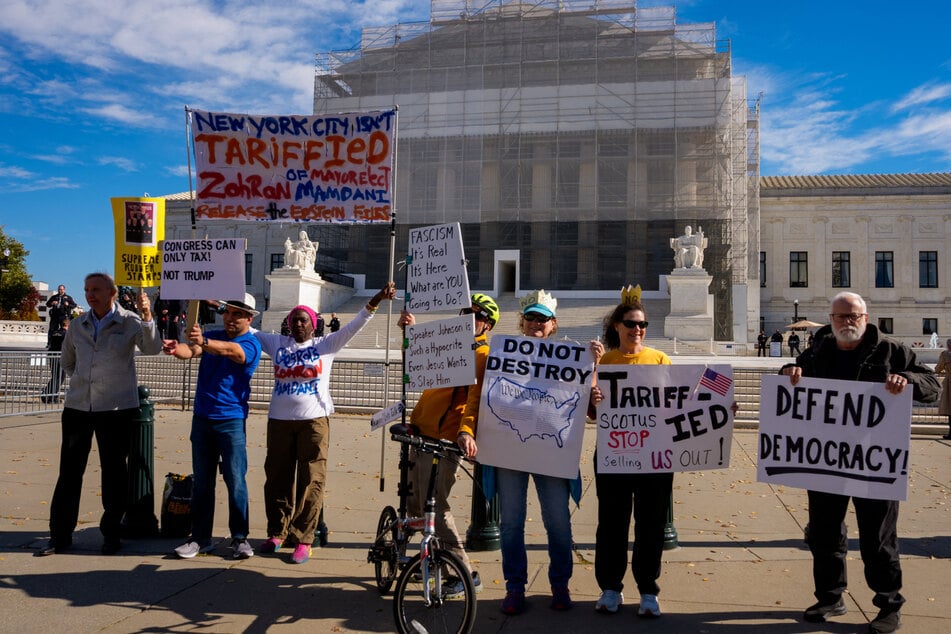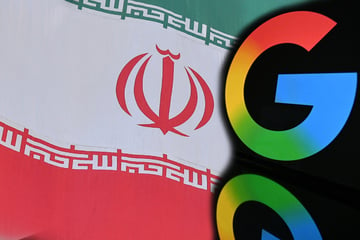Supreme Court appears skeptical of Trump tariff legality in high-stakes hearing
Washington DC - A majority of Supreme Court justices appeared deeply skeptical of the legality behind a swath of Donald Trump's tariffs, as they heard a landmark case on Wednesday that could uphold – or upend – the president's economic agenda.

Billions of dollars in customs revenue and a key lever in Trump's trade wars are at stake, as the conservative-dominated panel once again grappled with the Republican's attempts to expand presidential powers.
The high court's nine justices are considering Trump's use of emergency powers to impose so-called "reciprocal" tariffs on nearly every US trade partner, as well as levies targeting Mexico, Canada, and China over their alleged roles in illicit drug flows.
Several conservative justices, along with the three liberals, questioned whether the International Emergency Economic Powers Act that Trump invoked also confers the authority to impose tariffs.
"The statute doesn't use the word tariffs," said Chief Justice John Roberts.
The justices also sought to clarify whether Congress has to give clear authorization for policies with significant economic or political consequences.
Solicitor General John Sauer, arguing on behalf of the Trump administration, said this did not apply given the president's inherent, broad range of authorities.
He added that one would expect Congress to confer major powers on the president to address foreign international crises.
Sauer sought to frame the issue as one involving the power to regulate foreign commerce – including the ability to impose tariffs – rather than the power to tax.
Justice Sonia Sotomayor, a liberal, noted that the power to impose taxes is a "congressional power, not a presidential power."
"You want to say tariffs are not taxes, but that's exactly what they are," she added.
Supreme Court judges weigh Trump's wide-ranging tariffs

Justice Neil Gorsuch, a Trump appointee, questioned if Congress could reclaim powers once it delegates them to the presidency, suggesting that "as a practical matter in the real world, it can never get that power back."
Neal Katyal, representing small businesses challenging Trump's tariffs, charged that it was "simply implausible" that in enacting IEEPA, Congress "handed the president the power to overhaul the entire tariff system and the American economy in the process."
The court's decision, which could take months to arrive, does not concern sector-specific tariffs Trump separately imposed, including on steel, aluminum, and automobiles.
Since returning to the White House, Trump has brought the average effective tariff rate to its highest since the 1930s. A lower court ruled in May that he had exceeded his authority, with the case ultimately making its way to the Supreme Court.
Trump has hyped the case as "one of the most important" in US history and repeatedly warned of calamity if his tariffs are overturned.
He did not attend Wednesday's hearing, despite floating the provocative idea, but several top officials did, including Treasury Secretary Scott Bessent and US Trade Representative Jamieson Greer.
"In recent years, the court has been reluctant to overrule presidential decisions of this magnitude," ING analysts said in a note on Wednesday.
But they said this case is hard to predict, as "upholding Trump's tariffs would shift the balance of power from Congress to the President, further enhancing his executive power."
Businesses, lawmakers, and former US officials filed around 40 legal briefs against the president's global tariffs, while only a few briefs supported his actions.
Although Trump's tariffs have not sparked widespread inflation, companies and particularly small firms say they bear the brunt of higher import costs.
Lawyers note that if the top court finds Trump's global tariffs illegal, the government can tap other laws to impose up to 15% tariffs for 150 days, while pursuing pathways for more lasting duties.
Countries that have already struck tariff deals with Trump may therefore prefer not to reopen negotiations.
Cover photo: MANDEL NGAN / AFP

